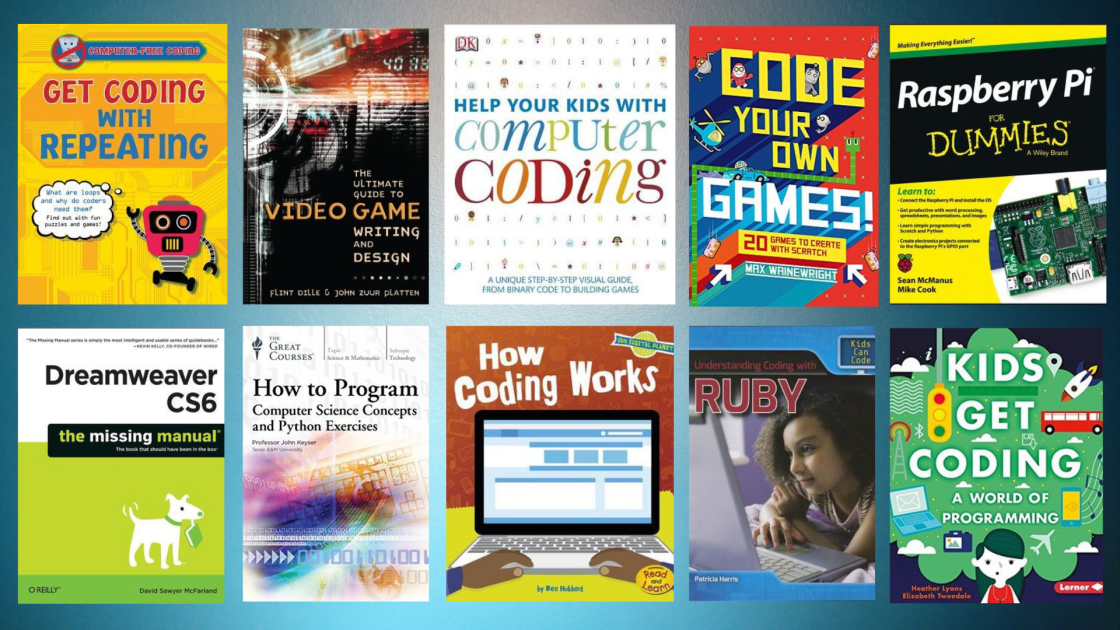
Are you interested in learning about computer programing? Have you heard about our coding clubs in the past (Coding Club and Girls Who Code) but were unable to sign up? Are you in the wrong age group to participate in one of our clubs? Then keep reading because I’ve got some great information for you!
If you want to get started learning to code right away, the library has numerous book resources for you. The vast majority of these books can be found under the call numbers 001-006 and 794.8 in our Adult, Juvenile (J), Young Adult (Y), Parent as Teacher (PAT) non-fiction collections. These include resources on different programing languages such as Java, Dreamweaver, Python, and Ruby, information on writing and designing your own computer and video games, and general guides to computer programming.
Books for Kids
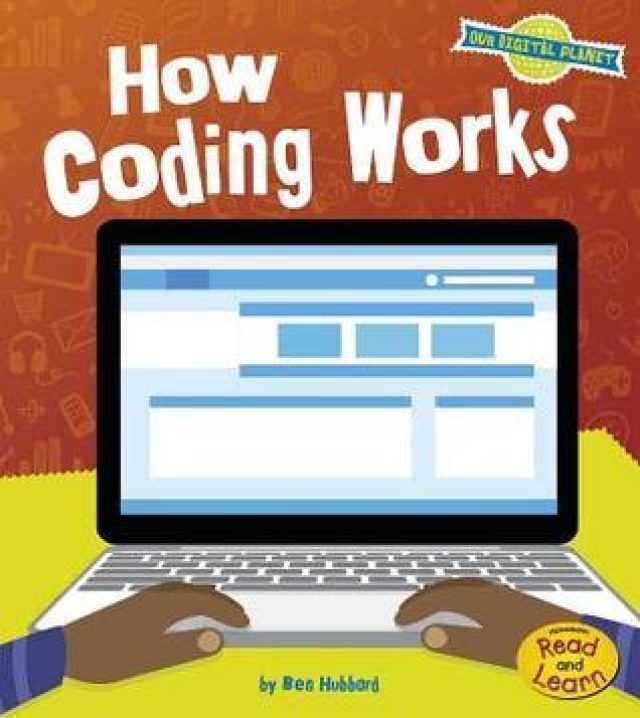
How Coding Works
by Ben Hubbard
J 005.1 HUB
Explains what computer code and coding are, and describes how coding languages differ from one another. Simple text introduces young readers to computer coding, and answer some of the questions about programming computers.
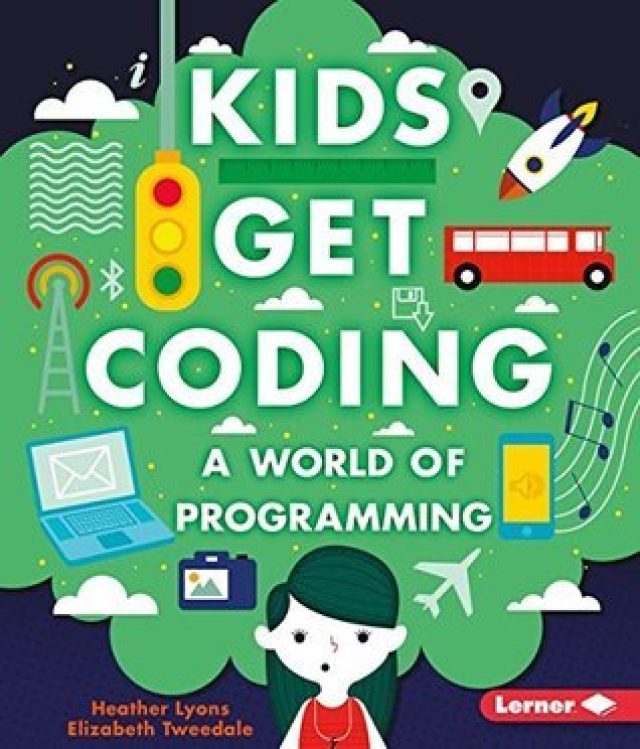
A World of Programming
by Heather Lyons and Elizabeth Tweedale
J 005.1 LYO
Learn programming and computer basics in this kid-friendly, easy-to-follow book. It covers types of information, file sizes, and bits using real-world examples and fun illustrations. Online and offline activities also boost learning and skills.
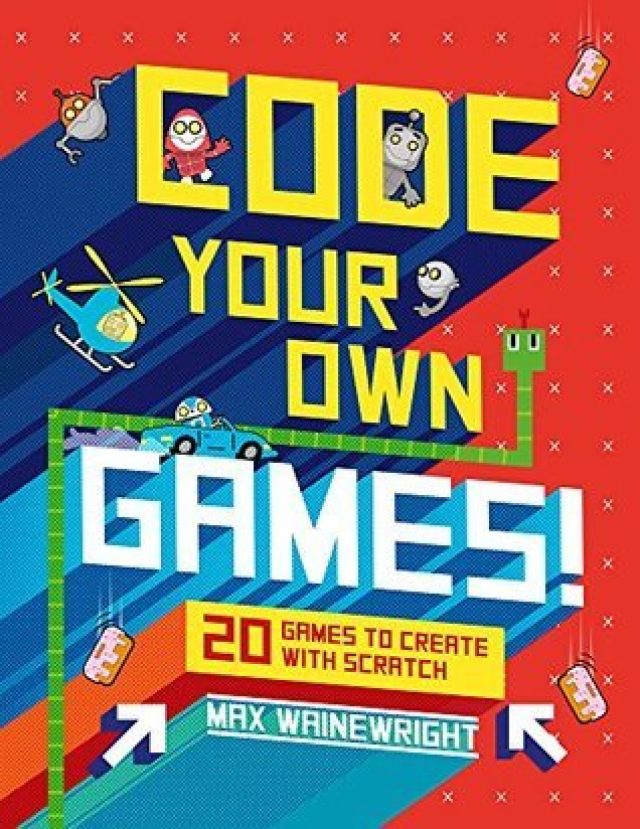
20 Games to Create with Scratch
by Max Wainewright
J 005.1 WAI
With the help of robots and step-by-step instructions, this book provides all the code needed to build, play, and share 20 games using Scratch. The games are split across five difficulty levels.
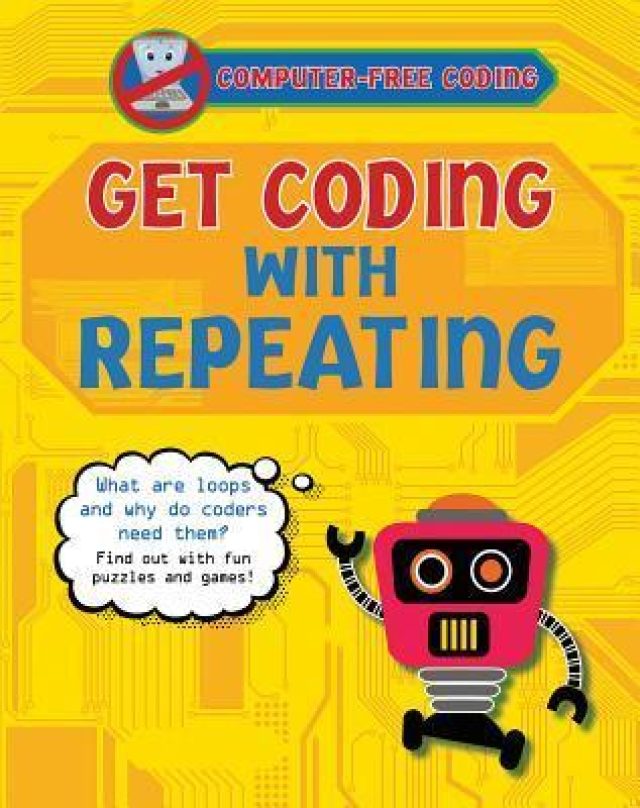
Get Coding with Repeating
by Kevin Wood
J 005.1 WOO
Words are powerful things even in code! Readers will learn the fundamental principles of repetition and looping, look at how language handles different ways of repeating code, and explore key concepts. Puzzles and games create a fun, interactive learning experience, and friendly robot illustrations engage both budding coders and readers who are reluctant to learn about coding. Simple language breaks difficult concepts down into reader-friendly explanations. This book is part of a series that explores various aspects of coding.
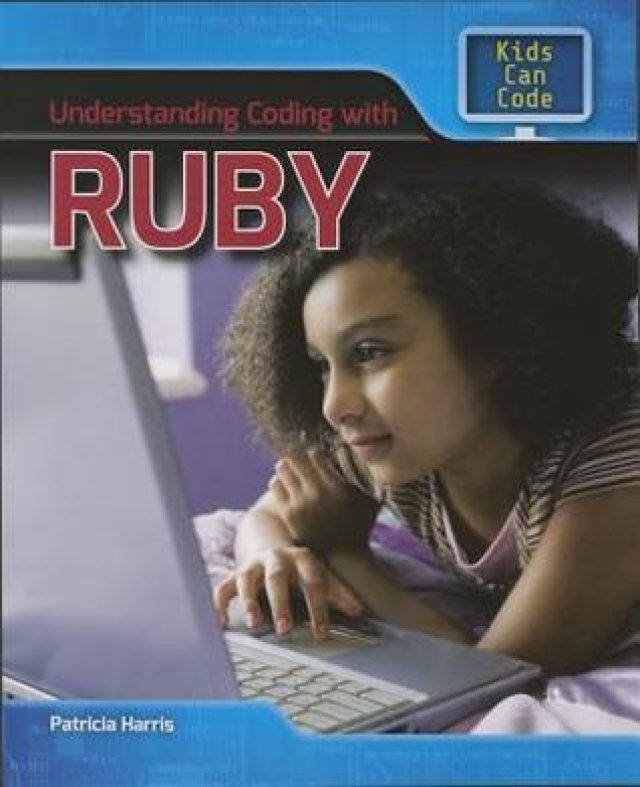
Understanding Coding with Ruby
by Patricia Harris
J 005.133 HAR
Ruby is an open-source software, meaning anyone can use, modify, and distribute it. Inside this volume, readers will learn the ins and outs of coding with Ruby, including why using blocks of text and mostly plain English text makes it an ideal program for ease of use. This book is part of a series that explores coding with different computer languages.
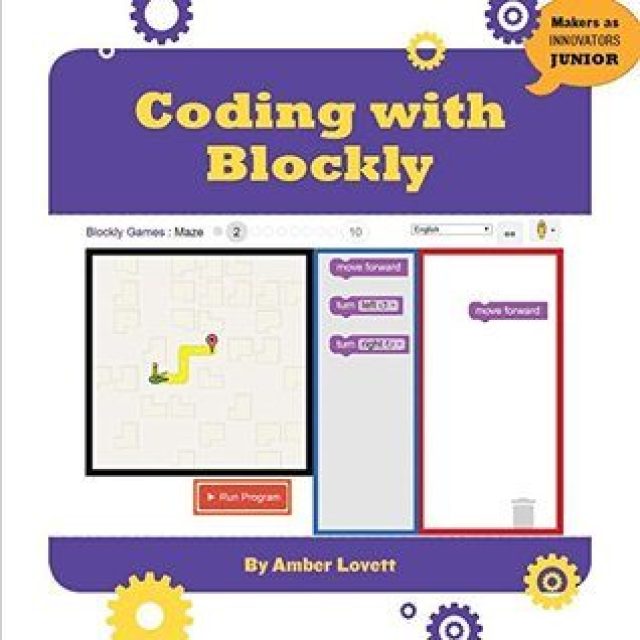
Coding with Blockly
by Amber Lovett
J 005.26 LOV
Blockly is a fun, graphical programming language designed to get kids interested in creating their own computer programs. Through simple text written to foster creativity and problem solving, students will the art of innovation. Large, colorful images show students how to complete activities. Additional tools, including a glossary and an index, help students learn new vocabulary and locate information.
Books for Parents and Kids
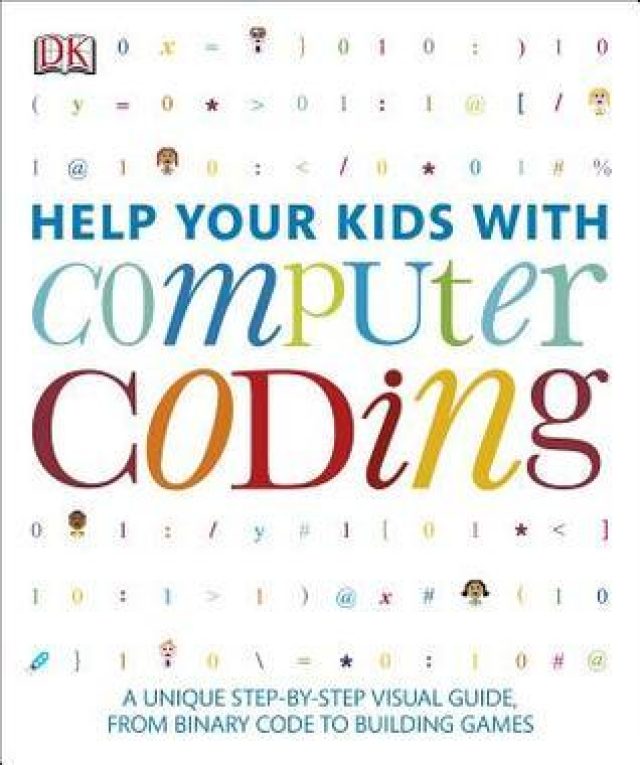
Help your Kids with Computer Coding: A Unique Step-By-Step Visual Guide, from Binary Code to Building Games
by Carol Vorderman, Jon Woodcock, Sean McManus, Craig Steele, Claire Quigley, and Daniel McCafferty
PAT 005.133 VOR
This unique guide is full of fun exercises and helpful tips that will help children learn all aspects of coding. Step-by-step explanations make the complex art of programming clear, teaching the basics of JavaScript, Python, and C++. Eventually building to more advanced projects, parents and children will be creating their own games, apps, 3-D models, animations, and websites in no time.
Books for Adults
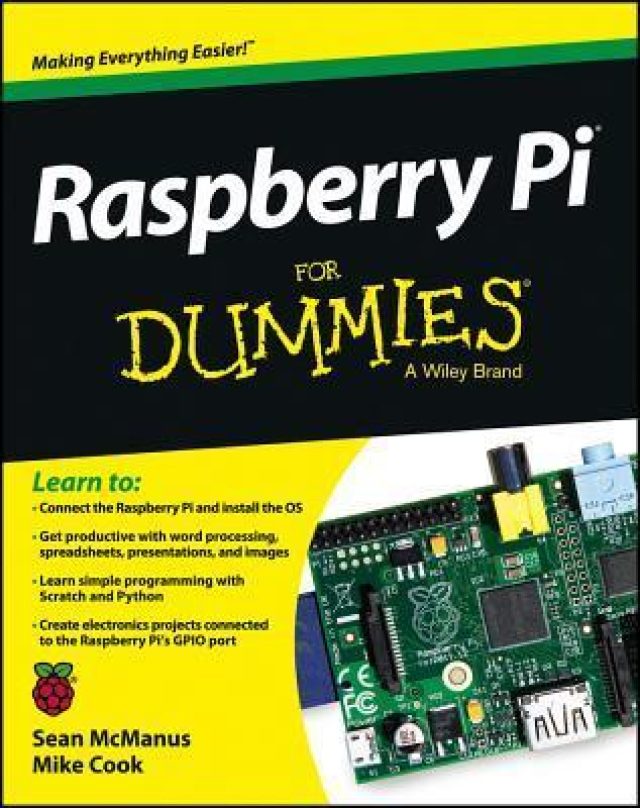
Raspberry Pi for Dummies
by Dean McManus and Mike Cook
004.167 MCM
As small as a credit card and ultra-affordable, the Raspberry Pi packs plenty of power into a pocket-size computer. But getting the hang of it can be tricky. This guide shows you how to use your Raspberry Pi to work and play, edit photos, watch videos, and even craft your own programs!
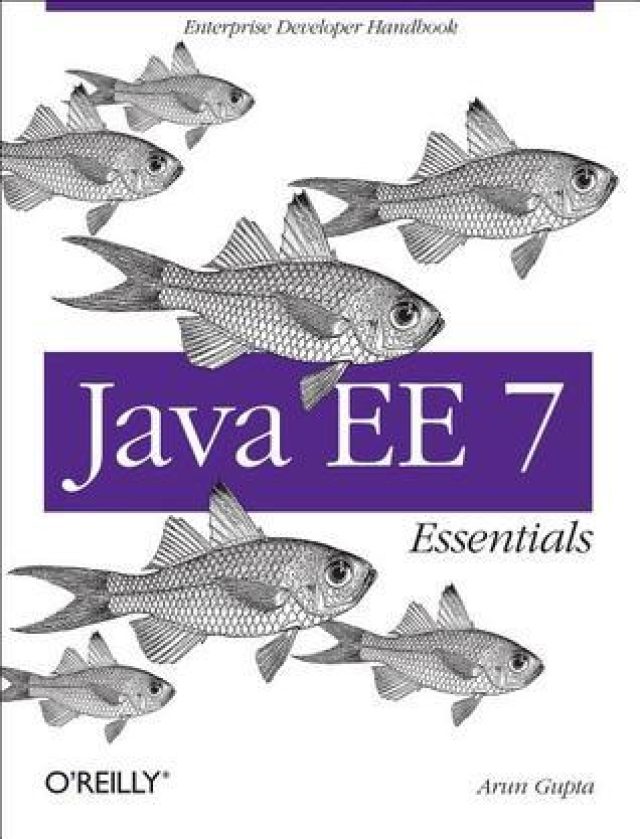
Java EE 7 Essentials
by Arun Gupta
005.133 GUP
Get up to speed on the principal technologies in the Java Platform, Enterprise Edition 7, and learn how the latest version embraces HTML5, focuses on higher productivity, and provides functionality to meet enterprise demands. Written by Arun Gupta, a key member of the Java EE team, this book provides a chapter-by-chapter survey of several Java EE 7 specifications, including WebSockets, Batch Processing, RESTful Web Services, and Java Message Service.
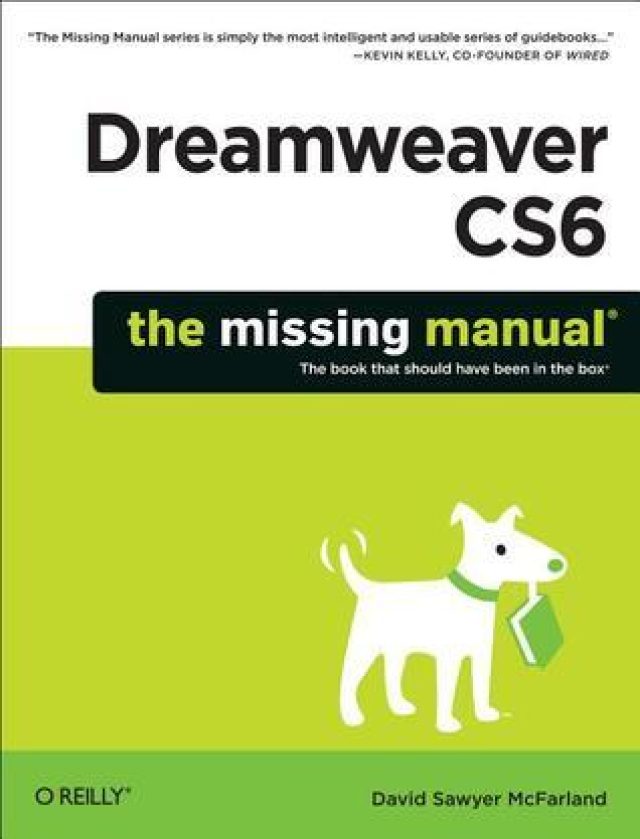
Dreamweaver CS6: The Missing Manual
by David Sawyer McFarland
006.78 MCF
Learn to use every facet of Dreamweaver CS6 through jargon-free explanations and 13 hands-on tutorials. Get A to Z guidance. Go from building simple web pages to creating rich, interactive websites. Create dynamic, visually appealing sites using JavaScript and CSS, and see how HTML5 and CSS3 fit in. Use Dreamweaver's unique Spry technology to easily add complex layout options. Design sites for smartphones, tablets, and desktop PCs, using the same HTML. Take advantage of Dreamweaver's libraries, templates, and hundreds of extensions and get to work.
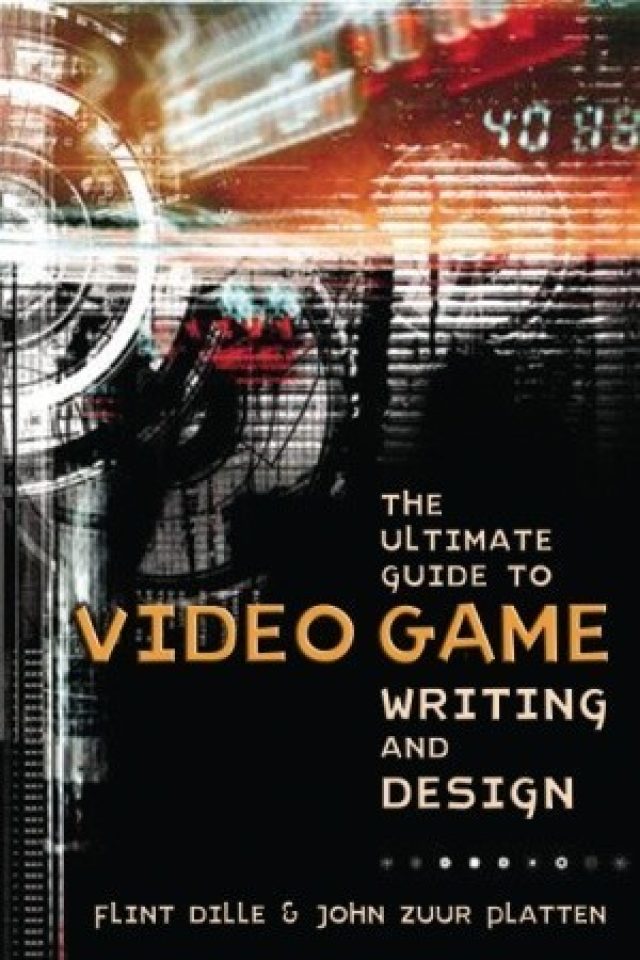
The Ultimate Guide to Video Game Writing and Design
by Flint Dillie and John Zuur Platten
794.8 DIL
Want to go beyond the basics of creating video games? The authors, top game designers, focus on creating games that are an involving, emotional experience for the gamer. Topics include integrating story into the game, writing the game script, putting together the game bible, creating the design document, and working on original intellectual property versus working with licenses. Finally, there’s complete information on how to present a visionary new idea to developers and publishers. Got game?
DVD Course
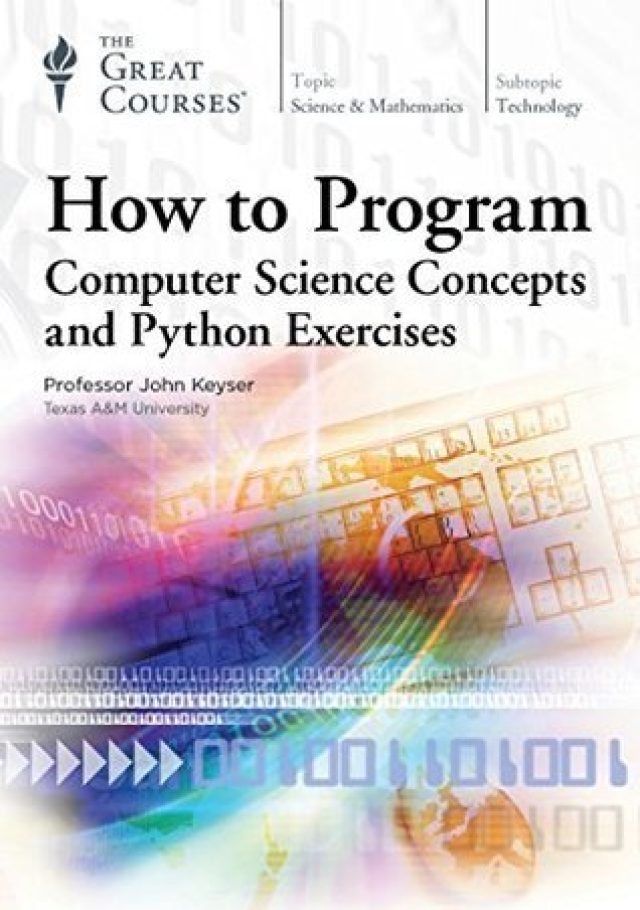
How to Program: Computer Science Concepts and Python Exercises
by John Keyser
GREAT DVD 005.133 HOW
Learning a new language opens a wealth of opportunities. But there's one language family that provides benefits like no other: the languages of computer programming. Now widely taught in schools -- even in elementary schools -- programming is an eminently learnable skill that gives you unrivaled problem-solving power you can apply in all areas of life. Programming is also a fun, creative activity that imparts deep insights into how we control the devices that influence virtually every aspect of our lives.
Coding Clubs
If you’re interested in learning to code with a group instead of from a book, never fear, Coding Club (grades 3-5) and Girls Who Code (grades 6-12) are back!
Coding Club this fall will be using Google CS First to explore video game design. Participants will learn basic video game coding concepts by making different types of games, including racing, platform, and launching. Coding Club is for grades 3-5 and will meet on Wednesdays from 4:00-5:00pm beginning October 2nd. Registration is required.
Girls Who Code is a national non-profit organization dedicated to closing the gender gap in technology. The Girls Who Code Club will get hands-on experience with computer coding and work together on a computer science project. Girls Who Code Club is for grades 6-12 and will meet on Saturdays from 10:00am-12:00pm beginning September 28th. Registration is required.
Online Resources
If you’re looking for online resources, there are a number of programs that use interactive learning to help both adults and children learn how to code. Here are a few of the most popular free programs.
- Codecademy has numerous courses set up to help you learn a wide variety of programing languages such as JavaScript, Python, HTML and CSS, Ruby, and more. The courses are especially good for those learning the basics of programming or a first step into learning a language, explaining necessary code and instruction, allowing you to get hands-on practice by writing code and checking the results, and it helps warn you of errors and provides hints to produce readable code.
- CodinGame offers users the ability to solve coding challenges directly tied to online games, allowing them to play with programming with increasingly difficult puzzles. These puzzles utilize 25 different programming languages and also function as a recruiting platform, allowing users to be noticed by companies based on their performance.
- Coderbyte has an online editor where users can practice solving challenges in 10 different programming languages, implement various algorithms and data structures, learn web development, and prepare for coding bootcamps.
Coderbyte provides official solutions for some of their challenges, as well as solutions by other users. - Khan Academy has several computer programing tutorials in addition its other learning programs. This website provides a space to learn how to interact with code and includes introductions to JavaScript, HTML and CSS, SQL, and algorithms and teach kids how to build graphics, animations, create a webpage, and more.
- Scratch was designed by MIT students to help kids learn the basics of coding using visual blocks of commands that can be stacked together to tell assigned objects how to behave rather than teaching them specific programming and languages. It is more focused on building the habit of breaking a problem down into smaller pieces and solving them logically one at a time.
- CodeCombat teaches computer programming through games, using an interactive, competitive gameplay mode to help kids learn how to quickly and accurately write code. The courses cover topics such as web development, game development, and computer science and utilize JavaScript, Python, HTML and CSS, and jQuery.
- Lynda provides numerous online video courses in a wide variety of topics such as design, business, software, and more. While it generally costs a monthly fee to access material, you can sign in and start learning for free using your Edwardsville Public Library Card.

About the Author
Kaylee loves reading fantasy, has a particular weak spot for reimagined fairytales, and can most often be found in the Youth Library helping reluctant and enthusiastic readers alike find the perfect book.
